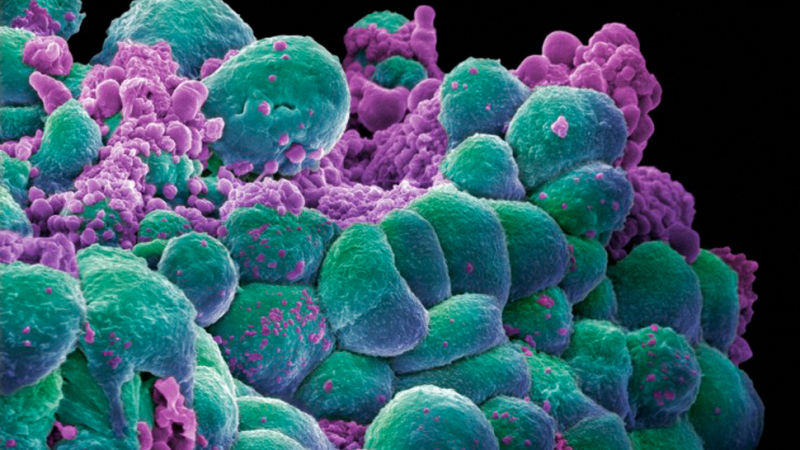Over at the City of Hop Beckman Research Institute, scientists have developed a new therapy that’s effective in treating brain cancer simply by boosting the power of a patient’s immune cells. One patient involved in the trial was a 50-year old male who had been diagnosed with a fatal form of brain cancer where it targets several parts of the brain as well as the spinal column. Normal methods of treatment weren’t working with the patient, so he was enrolled in a clinical trial that was testing a new cancer treatment called CAR-T cell therapy.
Less than three-quarters of a year after receiving the CAR-T cell therapy, the patient had gone into remission, and his tumor was almost non-existent. Doctors say that without the patient having received the new treatment it’s unlikely he would still be here today. Since then the tumors have returned, but not in the same place they were before. So although it’s not a perfect result, it’s a promising result nonetheless. A study confirmed that 94 percent of patients treated with CAR-T went into remission after having previously been given a terminal diagnosis. This immunotherapy gives great hope in devising treatments for blood cancers such as leukemias and lymphomas and even solid tumors too.
To begin with, the researchers extracted immune T cells from the patient and added it to a receptor that could help target certain tumors. This enabled a new batch of cancer-killing cells to emerge that had the ability to attack and destroy and future tumor cells. After surgery to remove as much of the tumor as possible the area is then injected with CAR-T cells. It was recorded that after five more injections and four months later the tumor had stopped growing. A further ten doses of the modified immune cells were given to stop the smaller growth’s in the patient’s brain. Just seven and a half months later the majority of the rumors had gone.
Benham Badie, the lead researcher for the project, said, “I believe these recent results show we have a potential breakthrough treatment that may have a remarkable impact on patients with malignant brain tumors.” Researchers are hopeful that this treatment can also be used in targeting other tumor cancers such as breast or prostate cancers.
More News To Read
- Scientist Discovered That Liquid Water Might Actually be in Two Distinctly Different States
- Intel Gets Closer To Offering Quantum Computing Through Everyday Silicon
- How Scientists Are Planning to Replace Antibiotics
- Are Today’s VR Headsets really all they’re Hyped up to be?
- Will Planet 9! Be Making an Appearance Soon?











